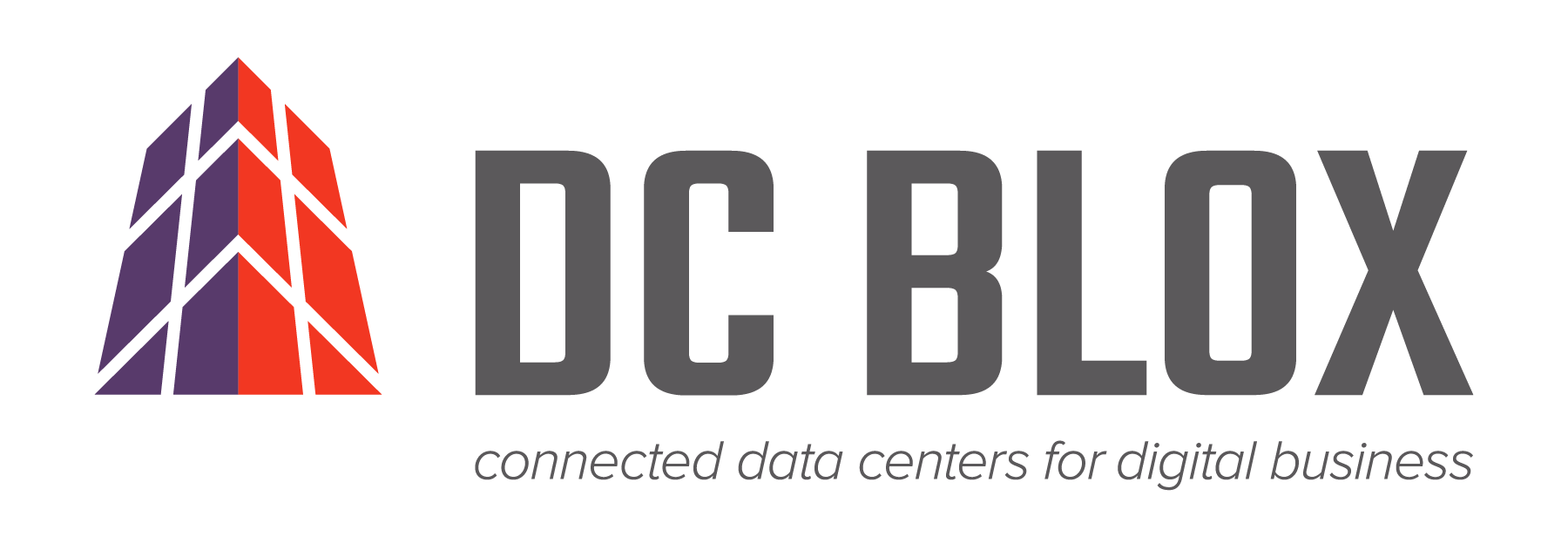Alabama Data Centers Locations (9)


















About Alabama, United States Data Centers Market
Browse Alabama Data Centers
In the realm of data management and IT infrastructure, the choice of colocation facilities plays a pivotal role in the success of businesses. Among the myriad of options available across the United States, the Alabama colocation market stands out with its unique advantages and offerings that make it an appealing choice for businesses seeking secure and reliable colocation services.
Geographic Resilience and Disaster Mitigation
One of the key advantages of the Alabama colocation market is its geographic resilience. Situated inland and away from the hurricane-prone coastal areas, Alabama offers a reduced risk of natural disasters such as hurricanes and coastal flooding compared to other southeastern states. This geographic stability makes Alabama an ideal location for businesses seeking to mitigate the risks associated with natural disasters, ensuring the continuous operation of their critical IT infrastructure.
Cost-Effective Energy Infrastructure
Alabama boasts a robust and cost-effective energy infrastructure, making it an economically attractive destination for businesses looking to minimize operational costs associated with colocation services. The state's competitive electricity prices and reliable power grid provide businesses with the opportunity to benefit from cost savings without compromising on the reliability and stability of their IT operations.
Proximity to Major Connectivity Hubs
The Alabama colocation market benefits from its strategic proximity to major connectivity hubs and network infrastructures, enabling businesses to establish seamless connections with various network service providers and internet exchanges. This proximity facilitates low-latency connectivity and high-speed data transmission, which are essential for businesses reliant on real-time data processing, cloud services, and mission-critical applications.
Business-Friendly Environment and Incentives
Alabama's business-friendly environment and incentives further contribute to its appeal as a colocation destination. The state offers various tax incentives, including exemptions on sales and use taxes related to data center equipment, providing businesses with a favorable financial environment for establishing and expanding their colocation operations. Additionally, Alabama's supportive regulatory landscape and pro-business policies create an atmosphere conducive to long-term investment and growth in the colocation sector.
Diverse Industry Landscape
The Alabama colocation market is uniquely positioned to serve a diverse range of industries, including aerospace, automotive manufacturing, healthcare, technology, and finance. This diversity presents an opportunity for businesses to leverage the interconnected ecosystem of industries, fostering collaboration and innovation while addressing the specific IT infrastructure needs of various sectors. The presence of a multifaceted industry landscape creates a dynamic environment for colocation providers and their clients, enabling them to tap into a wide array of business opportunities and partnerships.
Robust Security and Compliance Standards
Businesses considering colocation services in Alabama benefit from the state's commitment to robust security measures and compliance standards. Colocation facilities in Alabama adhere to stringent security protocols, including physical security measures, access controls, and surveillance systems, ensuring the protection of valuable IT assets and sensitive data. Moreover, the state's commitment to compliance with industry regulations and standards enhances the overall security posture of colocation facilities, instilling confidence in businesses seeking a secure and compliant hosting environment.
In conclusion, the Alabama colocation market offers a compelling blend of geographic resilience, cost-effective energy infrastructure, proximity to major connectivity hubs, a business-friendly environment, a diverse industry landscape, and robust security and compliance standards. These unique advantages position Alabama as a prime location for businesses seeking to secure colocation services that prioritize reliability, efficiency, and strategic connectivity.
By leveraging the distinct attributes of the Alabama colocation market, businesses can establish a strong foundation for their IT infrastructure, enabling them to thrive in an increasingly interconnected and data-driven business landscape.
GLOBAL
Top 6
Colocation Providers





